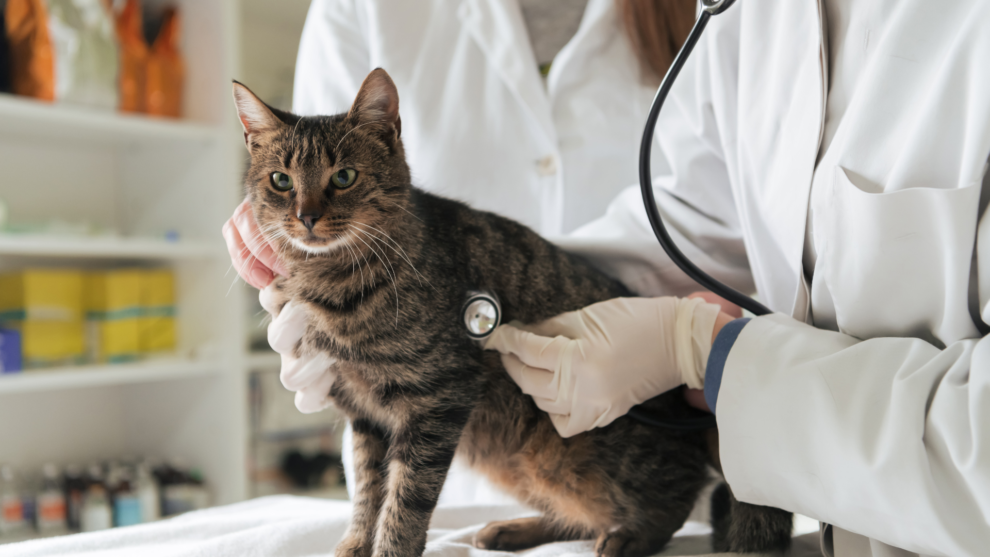Recently, the Netherlands has been facing a worrying outbreak of parvovirus, a disease that mainly affects young and unvaccinated cats. This virus is a highly contagious and often deadly disease that has shown an increase in cases in recent months. In this article, we discuss what parvovirus is, how it is transmitted, its symptoms, treatment and prevention methods.
What is the Parvovirus?
First of all, what exactly is Parvovirus? The parvovirus in cats, officially known as feline panleukopenia virus (FPV), is a highly contagious virus belonging to the family of parvoviruses. The virus attacks rapidly dividing cells, particularly in the gastrointestinal tract, bone marrow and lymphoid tissues, leading to severe illness and often death in infected animals. Young kittens, pregnant cats and cats with weakened immune systems are at greatest risk.
How is Parvovirus transmitted?
Parvovirus is transmitted primarily through direct contact with infected animals or exposure to an infected environment. The virus can be excreted through saliva, urine, feces and vomit of infected cats. It is extremely resistant and can survive for months in the environment, so indirect transmission through contaminated surfaces, clothing and hands of humans is also possible.

What are the symptoms of Parvo?
Symptoms of FPV infection can vary, but the most common are:
- Severe diarrhea (often bloody)
- Braken
- Fever
- Lethargy (extreme fatigue)
- Reduced appetite
- Dehydration
- Weight loss
In seriously ill cats, neurological symptoms such as ataxia (coordination problems) may also occur. In some cases, the disease can progress so rapidly that cats die suddenly without obvious signs.
Diagnosis and treatment
The diagnosis of FPV is usually made based on clinical symptoms and confirmed by laboratory tests, such as blood tests and PCR tests to detect the virus in fecal samples.
Treatment of FPV infection is supportive, as there are no specific antiviral agents against parvovirus. Treatment often includes:
- Fluids via IV to prevent dehydration
- Antibiotics to prevent bacterial infections
- Medications to reduce vomiting
- Nutrition to get enough energy
Getting the vet in time is very important for the survival of these sick cats.

Prevention of Parvovirus
Vaccination is the most effective way to protect cats from FPV. The basic vaccination program for kittens usually includes a series of vaccinations at eight, 12 and 16 weeks of age, followed by annual boosters. Adherence to good hygiene measures and quarantine protocols can also help prevent the spread of the virus.
Parvovirus poses a serious threat to the cat population in the Netherlands. Owners are urged to be alert to the symptoms of this disease and get their cats vaccinated in a timely manner to prevent outbreaks. By raising awareness and taking preventive measures, we can work together to protect our beloved pets from this deadly disease. Always consult your veterinarian when in doubt!





